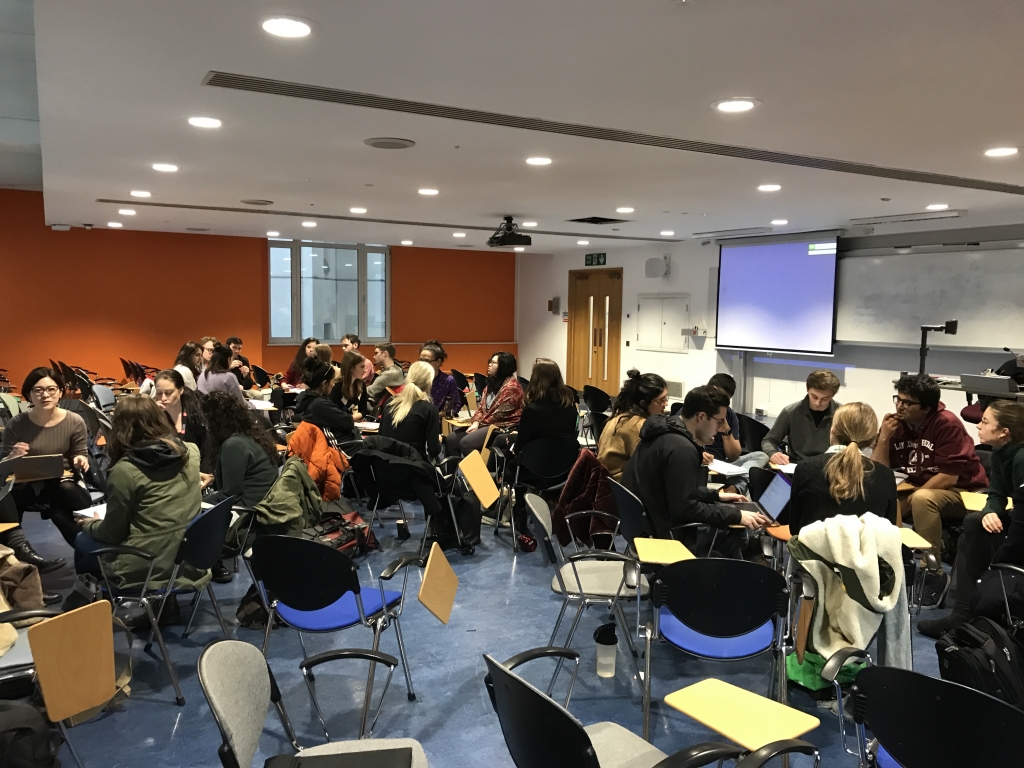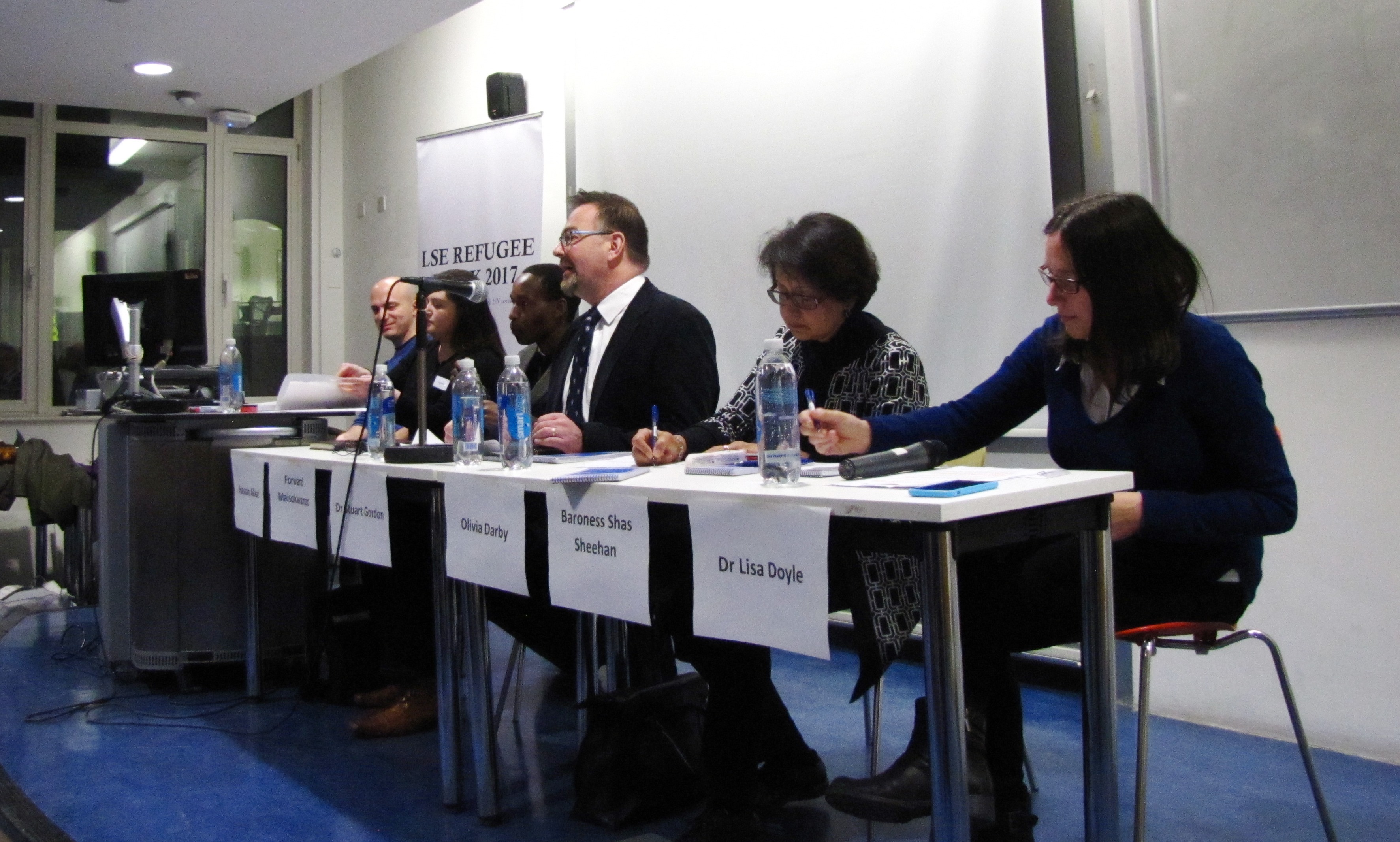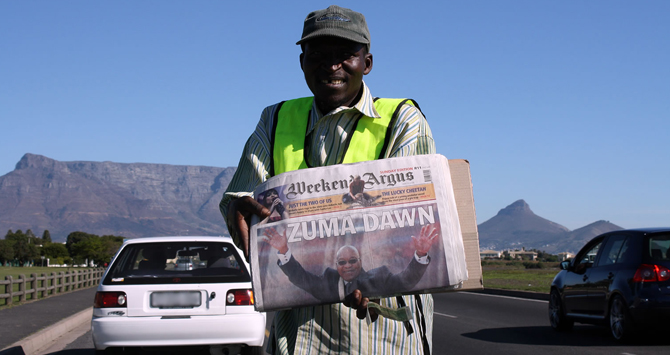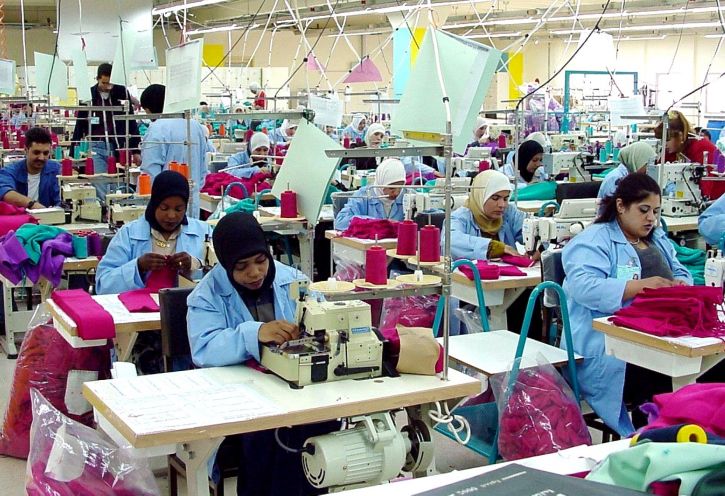In a recent Development Management workshop led by Professor of Gender and Development, Naila Kabeer, students discussed what effect global trade has had on ensuring and bettering the safeguarded rights of female workers.
The following article has been written by a Master’s student who wishes to remain anonymous.
In 2013, the Rana Plaza, a building on the outskirts of Dhaka, Bangladesh collapsed, killing 1,134 people and over 2,500 were injured. Many of the victims were employees of a garment factory located inside the building. The tragedy sparked outrage across the globe as the factory produced clothing sold by large multinational retailers such as Primark or Walmart and safety standards as well as labour rights were either inexistent or routinely ignored. But the fact that the majority of garment workers who lost their lives were young, female garment workers also raised serious questions about the links between global trade, labour markets and gender dynamics. It is these questions that workshop participants were invited to explore together with LSE Professor Naila Kabeer, who has published extensively on these issues.

According to Prof Kabeer, two larger theoretical strands, the neo-classical approach and feminist economics analyse the functioning of labour markets in very different ways. The former, based on the idea of rational economic actors, would for instance argue that if men are overrepresented in formal, paid jobs and women are more likely to be found doing informal and unpaid work, this is because women choose not to invest as much in marketable skills. This in turn is claimed to be a consequence of their comparative advantage in childbearing, making it more rational for men to specialise in paid work and for women to move in and out of the labour market. And if discrimination exists in labour markets, this is a consequence of imperfect information: employers make decisions based on average assumptions about certain groups and tend not to investigate whether or not individuals conform to these average assumptions.
Feminist economists on the other hand accept the fact that childbearing is a constraint on women’s ability to participate in the labour market but critically argue that many decisions are not choices made by the women themselves. It is typically parents who for example decide to invest less in the education of their daughters. They further argue that neo-classical theories have difficulties in accounting for the extreme social segmentation of labour markets, channelling entire groups of people into some sectors, occupations and forms of employment. Entrenched social stereotypes and the protective actions of privileged groups in the labour market are viewed as particularly conducive to high levels of segmentation. Perhaps more importantly, feminist economists showed that the construction of skills itself is not neutral. Skills are often defined in ways that reflect the identity of the working person. In other words, jobs will be defined as unskilled if it is done by women and skilled if it is done by men. And recent research has shown that certain jobs tend to pay less once many women start doing them.
These constructions are of course also linked to more structural constraints to female labour market participation, such as different societal norms and expectations which vary quite significantly across the globe. In some world regions such as South Asia, women are expected to focus on childcare, whereas in parts of Sub-Saharan Africa, they are expected to take care of children but also carry out a number of duties in agriculture. In addition, in many countries formal laws reinforce informal patterns of discrimination, for example by discriminating against women when it comes to inheritance, or by restricting the freedom to open bank accounts, travel, etc. And while there are of course many other forms of discrimination that intersect with gender-based discrimination, research shows that women are consistently lower in the labour hierarchy than men of their same group (e.g. class, caste, ethnicity, etc.).
Prof Kabeer then explained how globalisation has taken advantage and reinforced female disadvantages on the labour market, or what some have dubbed “the comparative advantage of women’s disadvantage”. As value-chains became increasingly global, in particular manufacturing and agriculture have come to rely on female workers due to their flexibility and lower cost. Due to their status as secondary earners and limited opportunities women are indeed crowded into poorly paid, often informal jobs.
“Anti-sweatshop” campaigns in the North increasingly targeted the lack of labour rights and the poor working conditions in the Global South. In the 1990s, demands for a “social clause” became widespread. Accordingly, the responsibility for the enforcement of basic labour standards was to be shifted from the International Labour Organisation (ILO) to the World Trade Organisation (WTO), because the of the latter’s greater sanctioning capacity.
Developing countries however suspected that the moral outrage behind these initiatives was simply a “Trojan Horse” for protectionism. And even among people with genuine concerns for social standards and female empowerment, it is not clear whether the “social clause” is in fact the right way of achieving them. Because despite all negative aspects, the jobs in Bangladesh’s garment industry for example are still better paid than other jobs typically available to women. A loss of these jobs would therefore directly impact the livelihoods of women.
It is this dilemma that students were invited to discuss in groups, trying to make a case for both sides of the argument. The pro-social clause side argued that allowing the WTO – if it were reformed and endowed with the appropriate coercive powers – could indeed become an effective of ensuring that certain levels of social standards are respected.
But most participants seem to have been quite sceptical of such claims. Some groups questioned whether the WTO would in practice really be able to enforce the rules, given how slow it is to solve trade disputes. Others argued that setting the social standards themselves could turn out to be difficult and potentially harmful. Setting the bar too low could trigger a race to the bottom and setting it too high would mean that an excessive amount of jobs would be lost. A recurrent argument was also that the social clause could indeed be used as a protectionist weapon.
Despite this complex and fuzzy debate, Prof Kabeer did not want to leave the students without potential solutions. In her opinion, the best way to ensure better safeguarded rights of female workers, such as those in Bangladesh, is to start at the bottom and enable workers to defend their rights and to strengthen their bargaining position, for example through safety nets that would lower the potential costs and risks of unionisation. Finally, in Prof Kabeer’s view, buyers need to face greater pressure because for years they have managed to force suppliers to produce at a lower cost, but at the same time compliance costs have been increasing.
The following article has been written by a Master’s student who wishes to remain anonymous.
The views expressed in this post are those of the author and in no way reflect those of the International Development LSE blog or the London School of Economics and Political Science.





